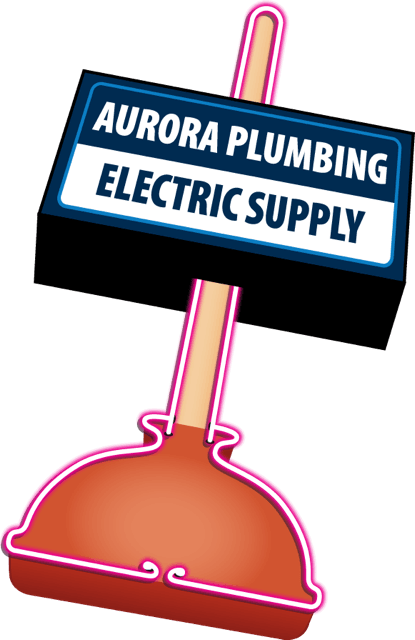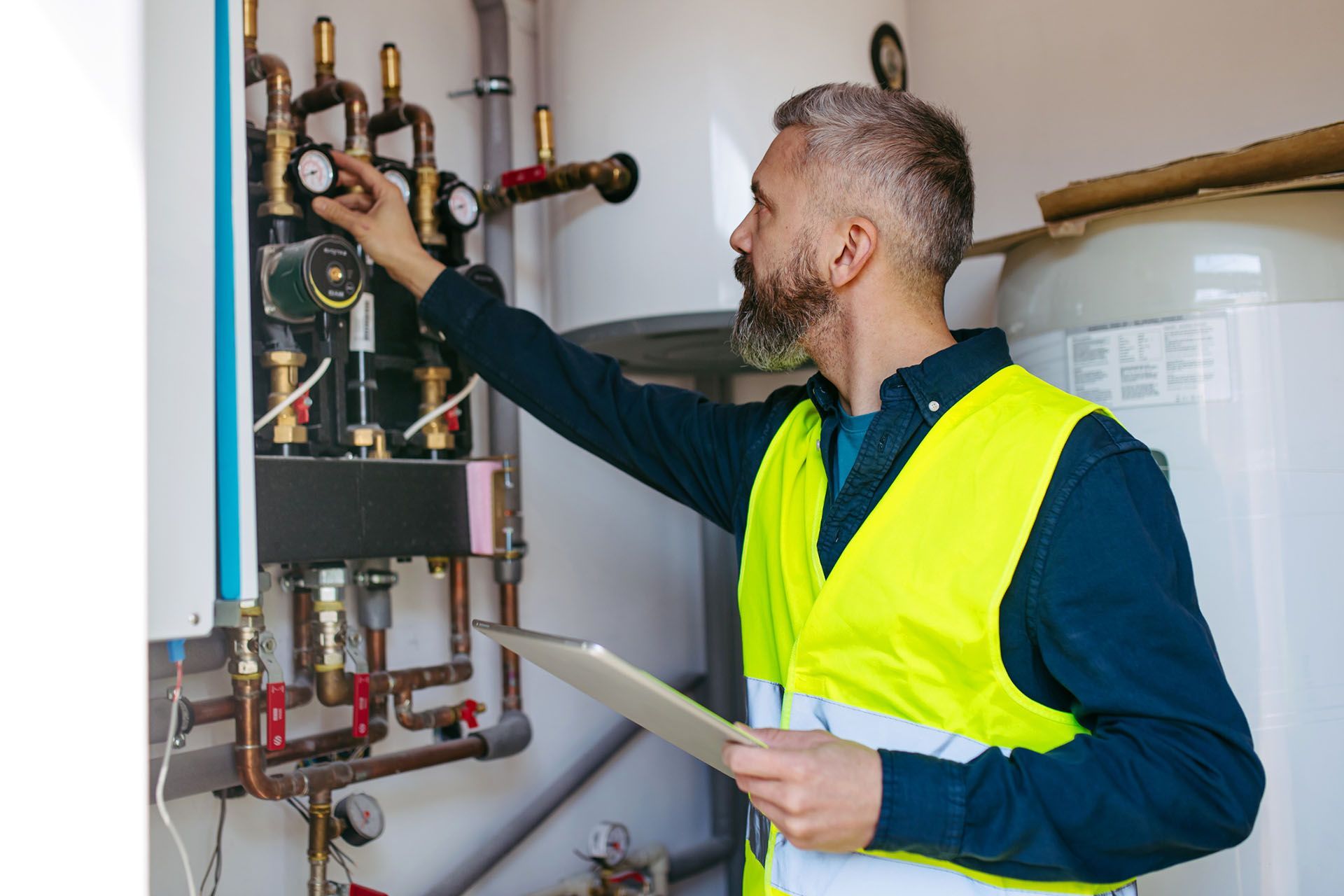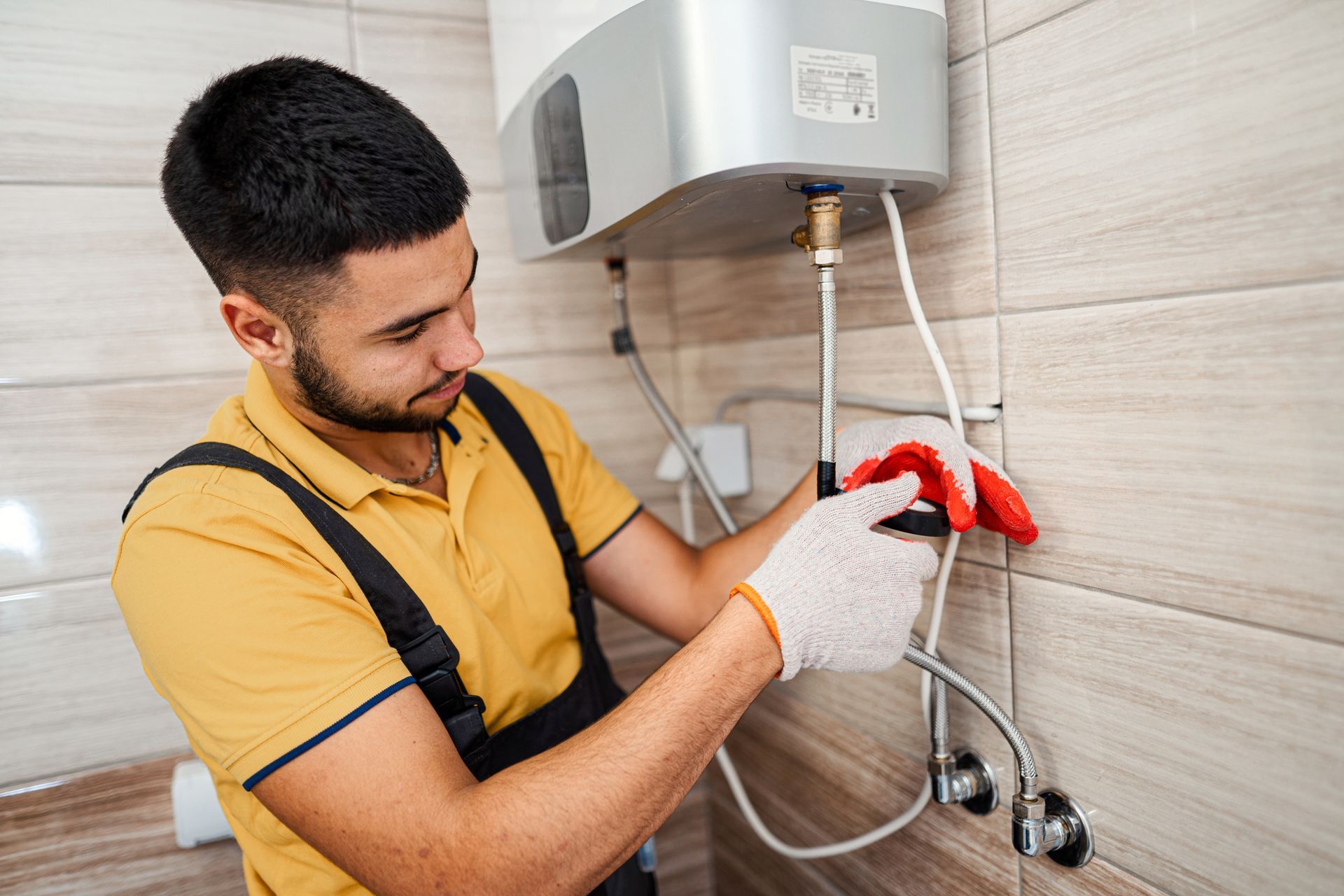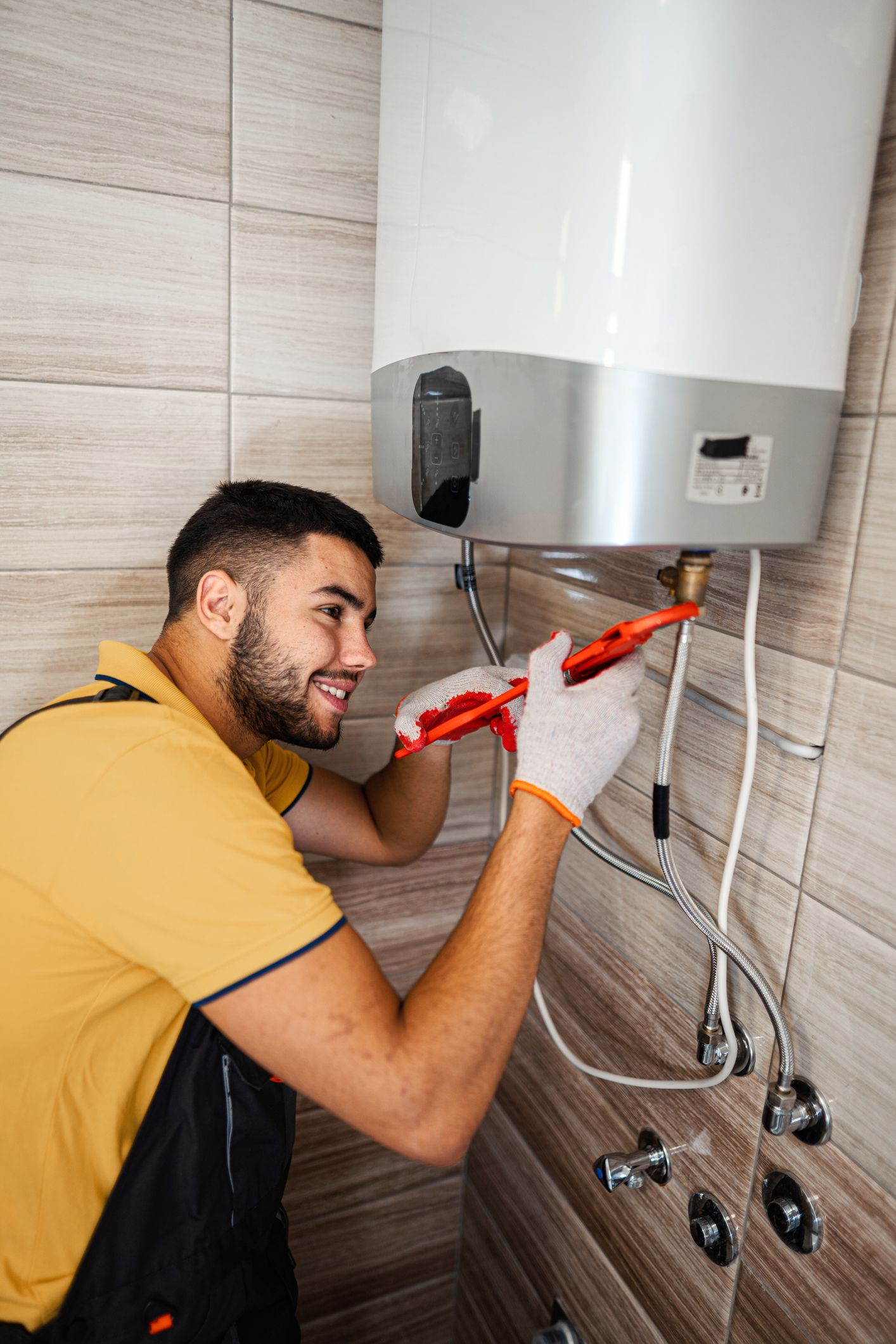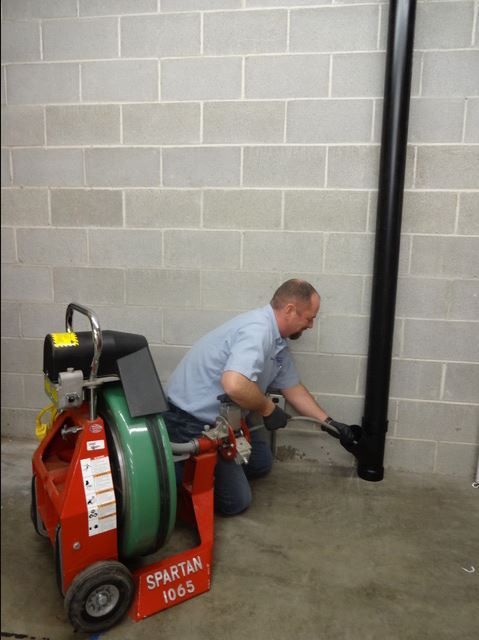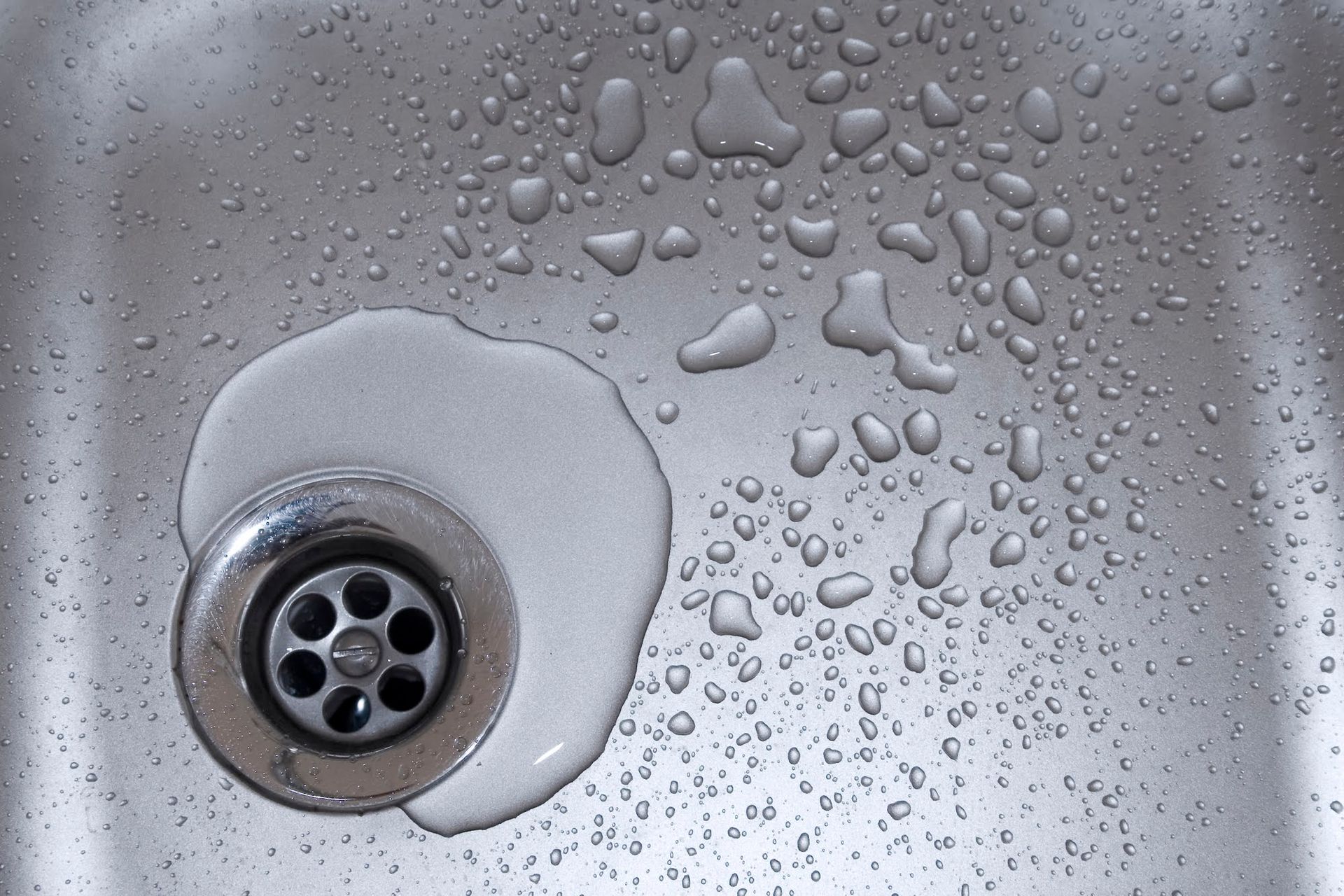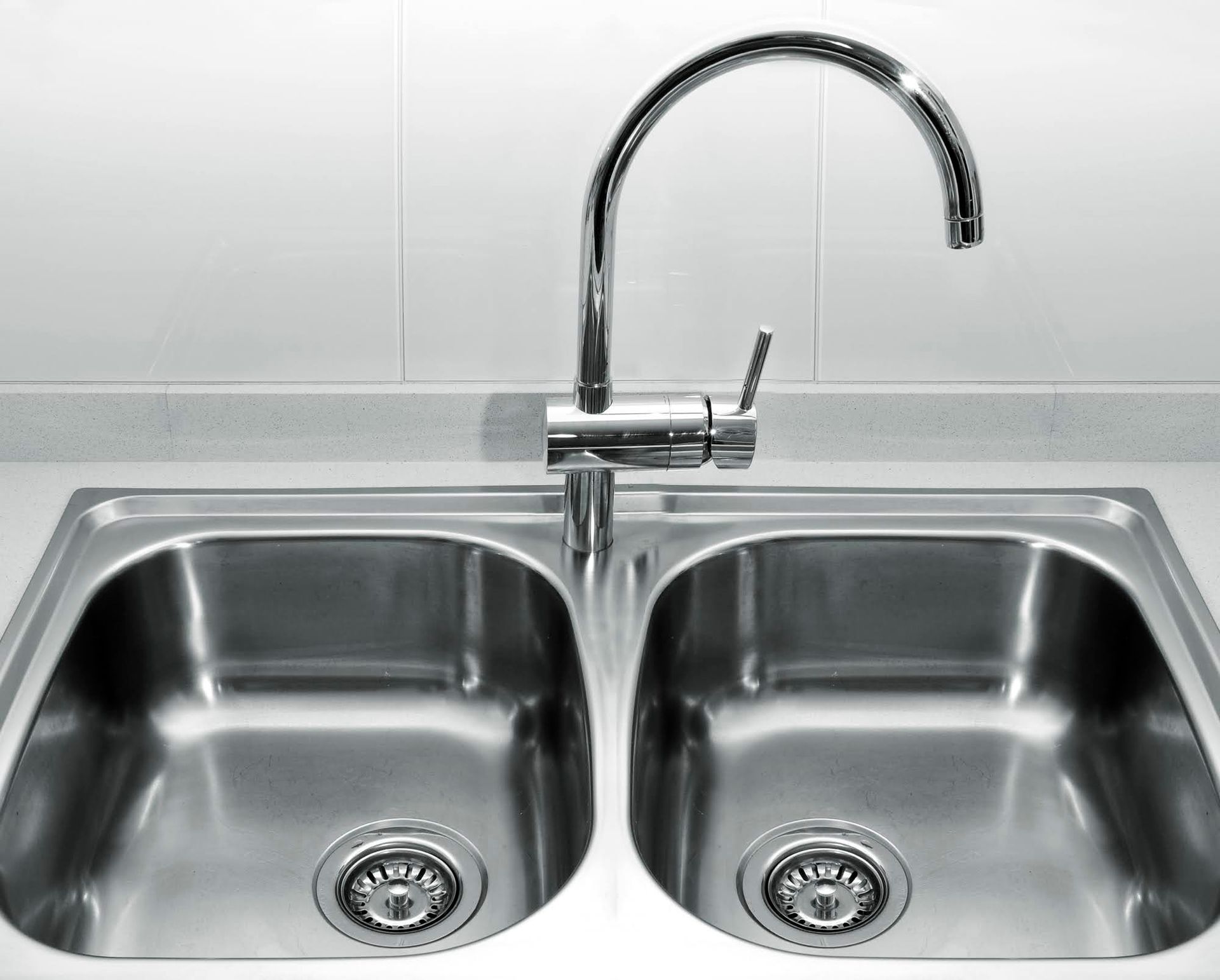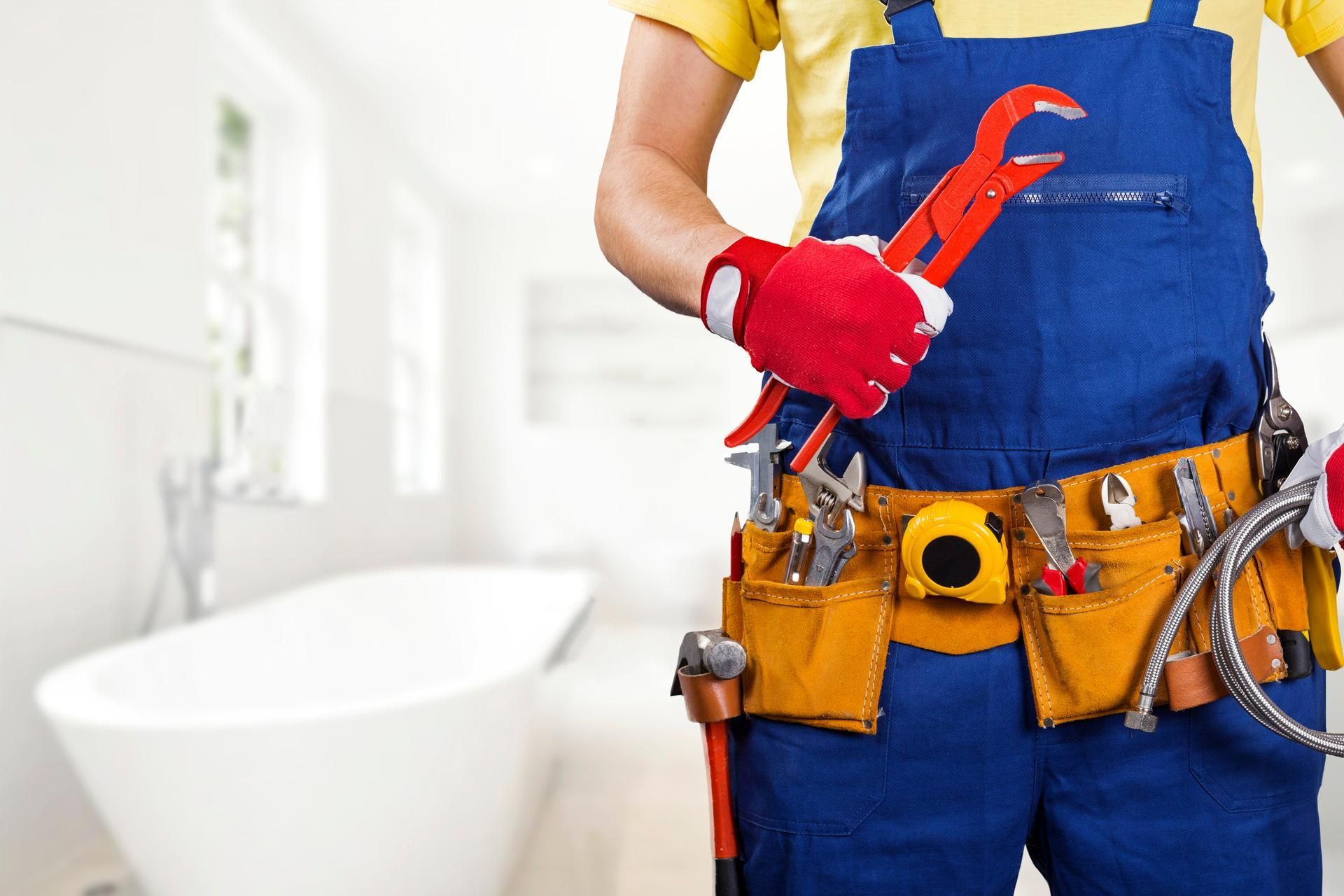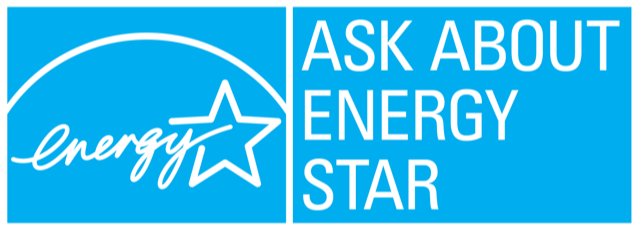Ways Upgrading Water-Using Appliances Can Protect Your Home
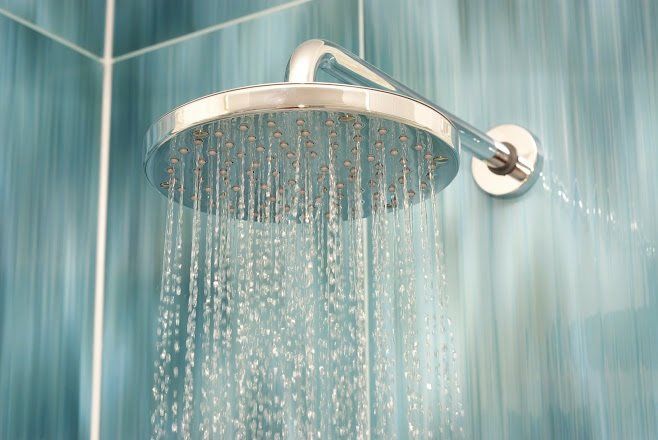
Some of your appliances, such as the water heater, dishwasher, and clothes washer, operate with integral plumbing components and use water in their daily functions. But did you know that, in some cases, replacing or upgrading these appliances goes beyond an aesthetic issue? Often an upgrade could actually protect your home from unwanted effects.
Here are some examples of how upgrading your water-using appliances can protect you and your home.
1. Protection From Overspending on Water and Electricity
Newer appliance options can often allow you to heat water, clean your dishes or laundry, or perform other essential functions while using much
less electricity or water.
For example, a newer water heater, even if you don't choose the most energy-efficient model, will help save energy because standards are higher. In 2015, the new water heater efficiency standards from the Department of Energy went into effect. These standards include efficiency boosters such as increased insulation, which can reduce heat loss from water heater tanks.
2. Protection From Water Damage
An older appliance may be more vulnerable to leaks and malfunctions for a variety of reasons. For example, if your water heater is older, it's more likely to have damage to the spigot, the tank's glass lining, or even the tank itself.
Although water heaters can hold water for years without leaking if properly cared for, an older tank has had lots of time to accumulate rust damage and start to leak. And any leaks, whether from your water heater or from another appliance such as a washing machine or a dishwasher, can cause water damage to any part of your home that it touches.
Water damage can be very expensive to clean up and can even create additional health and safety hazards, such as electrical shock hazards or mold growth in your home.
However, a newer water-using appliance can help prevent against water damage.
3. Protection From Electrical Fire Hazards
Many aging appliances were made in a previous decade, when electrical safety regulations may not have been as rigorous as they are now. Some of the protections that appliances have could include built-in fuses, auto-off features in case of overheating, and grounded electrical plugs.
Not every older appliance is necessarily unsafe to use (you can check for recalls on your model to see if it's been deemed unsafe). However, the age of these appliances will still make them more susceptible to electrical malfunctions. The older they are, the longer they've had to develop loose connections or other electrical faults over time.
4. Protection From Drain and Sewer Line or Septic Problems
Your washing machine and dishwasher send many gallons of water down the drain with each use. This could mean that heavy usage may cause problems if you have a septic system. A more efficient model of each type of appliance could help you avoid putting more water into your septic system than it's rated for.
Your washing machine most likely sends lots of non-biodegradable lint down the drains as well, which is a problem for both septic and sewer systems. One way to upgrade a washing machine to prevent this problem is with a separate lint filter installed on the drain line.
A lint filter can help remove any lint before it can build up and cause drain clogs or sewer line and septic problems. Your plumber can help you install this system on the washing machine drain.
These are just four ways that updating older water-using can help protect you and your home from unwanted and even expensive or hazardous effects. Choose Energy Star and Water Sense appliances when you upgrade to ensure that you have the highest possible energy and water efficiency.
For more information on how your appliances interact with your plumbing system or for experienced help with replacement and installation, get in touch with
Aurora Plumbing today. We can help with not only appliance installation but also maintenance, repairs, and any other plumbing needs you may have.

